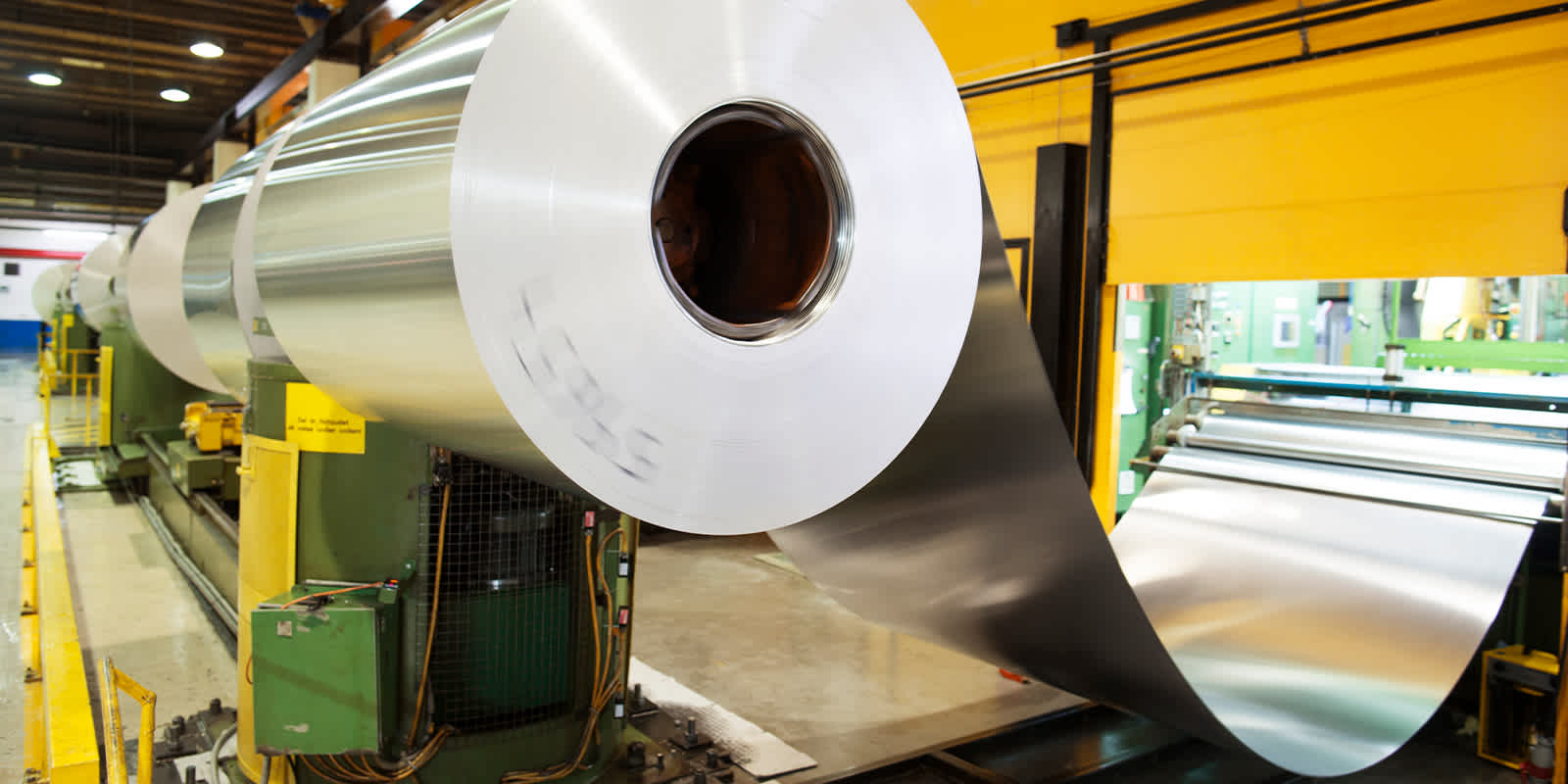
November 17, 2020
How Countermeasures on Goods Impact a Shifting US-EU Trade Relationship
How Countermeasures on Goods Impact a Shifting US-EU Trade Relationship
About a year ago, the WTO authorized US tariff countermeasures on European Union (EU) goods stemming from a dispute regarding EU subsidies that were harming US aircraft manufacturers. In response, the US introduced punitive measures on new aircraft imports and on more than 150 other non-aircraft products from EU countries.
Europe, on the other hand, asserted that US subsidies were harming EU aircraft manufacturers. And last month, the WTO authorized the EU to introduce countermeasures on US products. Following is a quick guide to understanding the new measures.
On November 9, the EU announced two punitive duties for specific US products that would apply upon entering the EU. The first includes aircraft parts with a duty rate of 15%. The second covers a range of different US products with a duty rate of 25%—including, among other products:
- Aluminum suitcases
- Bike frames, forks, and parts
- Video game consoles and machines
- Exercise equipment
The EU Commission argues that the countermeasures bring the EU to equal footing with the US—and that the measures strictly mirror the countermeasures imposed by the US.
How the countermeasures will be affected under the Biden administration remains to be seen. If the US were to lift its tariffs, the EU commission has hinted it would follow suit. While much remains to be seen, the US-EU trade relationship may have an opportunity for a reset.
What to Know
The details on the new European Commission tariffs are published here and have an immediate effect.
- Companies should expect the US to take action, increasing tariffs and/or expanding the number of EU goods for US countermeasures. To stay current, talk with your customs broker—and check back here for updates.
- Businesses should consider options to reduce the impact of punitive measures, such as:
- Using bonded warehouses to defer duty payments and avoid tariffs on products that will be re-exported from the EU
- Using Inward Processing Relief to offset customs duties on importation of non-EU products that are processed, modified, or repaired within the EU and exported again
With the holiday season approaching, tariff changes could significantly impact the profitability of US-to-EU trade. Those affected will face considerably higher duties, seeing profits for specific products decrease if selling prices don’t increase in parallel.
Businesses should work closely with freight forwarding partners and customs brokers to assess the potential impact of these tariffs. To learn more about how Flexport can offer guidance surrounding the new EU countermeasures, contact a customs and trade advisory expert.
Please note that the information in our publications is compiled from a variety of sources based on the information we have to date. This information is provided for informational purposes only and we do not accept any liability or responsibility for reliance on the information contained herein.



